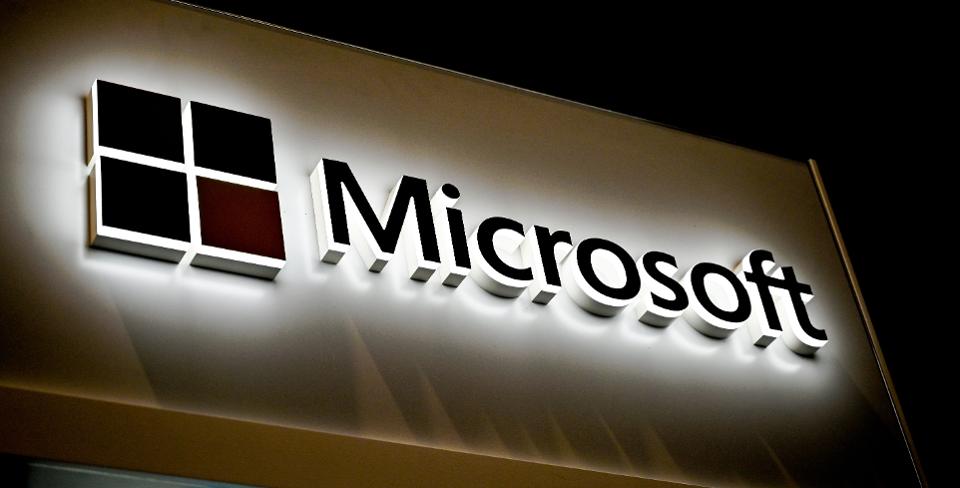“Imagination is more important than knowledge.”–Albert Einstein.
Get the latest international news and world events from around the world.

Brood War
Essentially you could at this point make a working protoss carrier o.o
Carriers are a late-game Protoss air unit that are the largest and most costly unit available for Protoss. Carriers are produced from the Stargate and requires a pre-existing Fleet Beacon. Carriers have the highest armor, health, and shields of the Protoss race. Their main advantages are their long range and mobility in combat; this potentially incredibly long range is especially notable as unique among Protoss units. On the other hand, their raw attack power is rather low for their price. Perhaps their greatest use is in extreme late-game where their supply efficiency for their staying power is usable, much like Battlecruisers; however, they are hard-countered by the latter since they make volleys of low-damage attacks and due to the Yamato Gun.
Carriers themselves do not, in fact, possess any attack, but like Reavers build and transport unique units –Interceptors in this case- to much the same effect. A Carrier does not come equipped with any Interceptors when first warped in, so it must construct them individually, adding quite a deal of cost and build time to the finished unit. Unlike the Reaver’s Scarabs, however, the units it builds do not immediately sacrifice themselves to attack but attack as would another unit stacking up on a target that it “fires” at until recalled at which point they may still be used again. While targetable, expensive and fairly weak individually Interceptors move quickly around targets, potentially out of range, and can recharge shields instantly upon being recalled meaning they can overwhelm targeted forces (although potentially very, very slowly). Interceptors are all destroyed if the Carrier itself is destroyed.



Universal and reusable virus deactivation system for respiratory protection
Aerosolized pathogens are a leading cause of respiratory infection and transmission. Currently used protective measures pose potential risk of primary/secondary infection and transmission. Here, we report the development of a universal, reusable virus deactivation system by functionalization of the main fibrous filtration unit of surgical mask with sodium chloride salt. The salt coating on the fiber surface dissolves upon exposure to virus aerosols and recrystallizes during drying, destroying the pathogens.
- Article
- Open Access
- Published: 04 January 2017
- Fu-Shi Quan 1 na1, <li class=”” itemprop=“author” itemscope=“itemscope” itemtype=“http://schema.[/ul>.
Stratos II: Propulsion Static Test 3 — 15 seconds, early cut-off (12−06−2013)
On 12. June 2013 the third test fire of the DHX-200 “Aurora” hybrid rocket motor took place at the facilities of TNO. The Aurora motor will power the Stratos II rocket and utilizes nitrous oxide as oxidizer and a fuel combination of sorbitol, paraffin wax, and aluminium particles as fuel.
The motor was intended to be fired for 15 seconds after the successful 10 second test earlier this day but was shutdown prematurely at around 6 seconds after the combustion chamber showed local structural failure.
The sequence involves the following steps:
T — 4s : Nitrous Oxide bypass flow initiated
T — 3s : Ignition pulse for pyrotechnic igniter
T 0s : Main valve open
T + 6s : Main valve closed (safety precaution)
T + 15s : Scheduled motor cut-off
Read the full story on: http://projectstratos.nl/2013/06/2011/

Human on a Chip
Using digital ai generated medicines plus human on a chip systems you could get new medicines out not in years but hours.
The next generation of MOC design at TissUse aims for a Human-on-a-Chip, increasing the number of interconnected organs toward acceptable organismal complexity. This number of organs is supposed to be efficient to provide human organismal homeostasis, sufficiently flexible for diverse disease modelling and to bear the potential of ultimately replacing animal models for systemic substance testing.


Looking for Light Reading? NSF-backed ‘Comic Books’ Tackle Quantum Computing
Still baffled by quantum computing? How about turning to comic books (graphic novels for the well-read among you) for some clarity and a little humor on QC. The National Science Foundation has done just as part of its EPiQC (Enabling Practical-scale Quantum Computing) program. So far eight Zines have been created with more to come.
Comic books offer approachable ways to convey both humor and information. One might think that comic books would not be able to convey complex information like the ideas behind QC. In this case, one would be wrong, at least for one as creative as the University of Chicago s Diana Franklin, as part of the National Science Foundation (NSF) funded https://www.epiqc.cs.uchicago.edu/”>EPIQC Expedition in Computing, wrote Mark Hill of the University of Wisconsin-Madison in a recent blog for Computing Community Consortium, run by NSF.
In particular, Diana and colleagues have developed eight, with more coming, https://www.epiqc.cs.uchicago.edu/zines”>zines that are comic-book-like pamphlets obtained by printing and folding a single sheet of paper. The topics include quantum notation, superposition, and history. In my humble opinion, these are great examples of the synergy possible with research and education done together. Enjoy! .